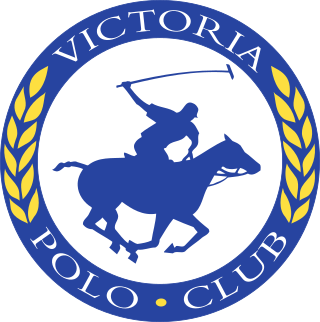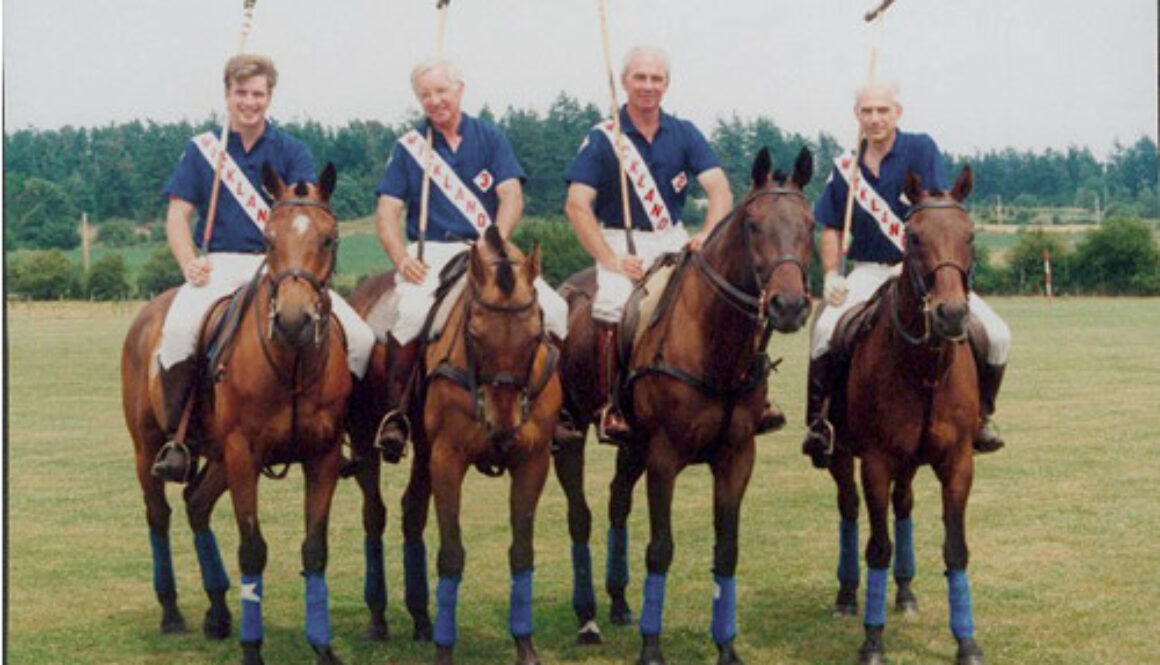Anthony Edward Lockhart Yonge 1929- 2018
Tony Yonge passed away in his 89th year on January 14th, 2018, in Victoria, B.C., Canada. He was born in 1929 in Reigate, Surrey, U.K., and was educated at Downside School for Boys near Shepton Mallet, in Somerset. World War Two was in full cry during his residency there and he witnessed a number of violent incidents in the Battle of Britain including a fighter plane crash on the campus of his school that killed several students.
In 1953 he decided to seek his fortune in Canada. It was in Vancouver where Tony was introduced to the game of polo and in 1954 met St. George’s School professor Basil Grosvenor (“Nip”) Parker, an active polo player despite having lost a leg while serving with the Canadian Seaforth Highlanders regiment in Italy. Together the two poloists worked to revitalize the Vancouver Polo Club at Southlands which had languished in the aftermath of the War.
Tony soon became engaged to Captain Parker’s daughter, Jill, an accomplished rider and future polo player. The wedding took place in England where the couple took up residence in the English countryside for a time and where Tony became a member of the Cowdray Park Polo Club. In 1964, their first child, Sally, was born in London and shortly afterwards the new family decided to return to Vancouver where Tony was employed with the East Asiatic Company. In 1965, their son Nigel was born.
Having enjoyed the country life in England, Tony and Jill decided to leave the bustle of Vancouver and move to the pastoral Saanich Peninsula on Vancouver Island, a place where Jill’s parents had moved just a few years earlier. In 1967, on a six-acre plot in Saanichton, they built their house, “Wicklands”, named after the country home where Tony grew up. In addition to the house, they built stables and corrals for a succession of jumping and polo horses. During these years Tony’s devotion to polo became ever more keen. In a matter of months he was instrumental in re-starting the Victoria Polo Club and due to his tireless networking was able to recruit enough players to make up two teams on any given Sunday. Teams subsequently visited the island from all over the Pacific Northwest and beyond, including Bellingham, Tacoma, White Swan, Spokane, Vancouver, Kelowna, Jamaica, and the U.K.¬–a tradition that has continued to the present day.
In 1972 Tony got in touch with the secretary of the Hurlingham Polo Association, and pitched a U.K. tour by a Western Canadian polo team. The idea was embraced by Hurlingham and in 1973 Tony and three other teammates became the first Canadian team to tour Britain–an event chronicled in Polo The Galloping Game – An Illustrated History of Polo in The Canadian West, by Tony Rees, and later in the Polo Hall of Fame in Wellington, Florida.
Tony’s passionate dedication to polo was legendary and he continued to play the game into his eighties, doing justice to his well-earned reputation as a “goer.” As he once said, “polo enabled me to enjoy the company of a wonderful cross-section of humanity, from maharajas to cowboys.” Indeed he had many tales to tell of chukkas with players like the flamboyant Hanut Singh, the Domecqs of Spain, and Lord Cowdray himself. In 2009 he was fêted by the appreciative members of the Victoria Polo Club and presented with an engraved silver cup commemorating his fifty years of polo.
There was another love in Tony’s life, and that was his family. He adored his wife and children more than anything in the world. He was an “Old School” English gentleman, and by example a devoted husband and a true and nurturing father.
Tony Yonge is survived by his wife, Jill, daughter Sally, son Nigel, and four grandchildren.

